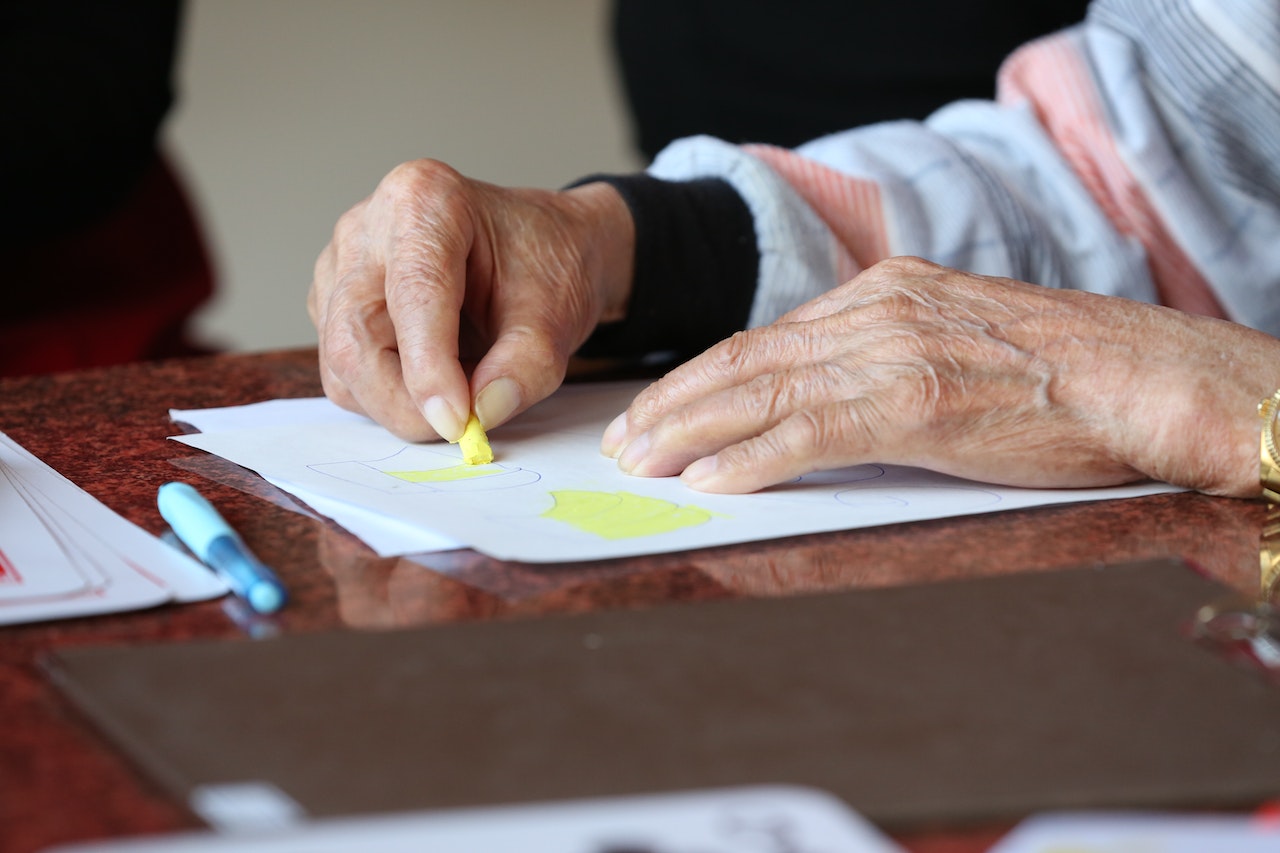
Rheumatoid arthritis (RA) is a systemic autoimmune disorder affecting joints and connective tissues. It is an inflammatory condition that can cause pain, swelling, stiffness, and loss of function in its sufferers. Dr. Jatin Patel, Arthritis & Rheumatology Center PC in Roswell, GA, says RA affects people of all ages, but it is most commonly diagnosed between the ages of 25 and 40. It is estimated that 1.3 million Americans suffer from RA. This blog post will provide an overview of the Two types of rheumatoid arthritis: seropositive RA, seronegative RA.
Seropositive Rheumatoid Arthritis
Dr. Jatin Patel, Arthritis & Rheumatology Center PC, says seropositive rheumatoid arthritis (RA) is the most common type of RA and accounts for approximately 80-90% of all cases. This type of RA is characterized by positive test results for rheumatoid factor (RF), a protein found in the blood when a person has certain autoimmune diseases, including RA. Seropositive patients typically experience more severe symptoms than those with seronegative RA and are at greater risk for joint damage from the disease over time.
Seronegative Rheumatoid Arthritis
Seronegative rheumatoid arthritis (RA) occurs in about 10-15% of all cases and refers to patients with negative tests for rheumatoid factor (RF). Diagnosis can be made with Physical exam findings , X ray or MRI studies. Seronegative RA may or may not be as severe as seropositive RA. Treatment of seronegative RA is similar to that of seropositive RA.
When To See A Doctor
If you are experiencing any signs or symptoms associated with rheumatoid arthritis, you must see a doctor for evaluation. Early diagnosis and treatment of RA can help minimize joint damage and improve quality of life. Your doctor can determine your RA type based on your medical history, physical exam findings, and laboratory tests. They can then develop an individualized treatment plan to provide the best possible outcomes for your unique situation.
No matter which type of RA you have, it is essential to stay informed about the condition and keep up with regular doctor visits to monitor its progression and adjust therapies over time if needed. With the proper care and support, you can manage your RA symptoms and live an active and fulfilling life.
Treatment For Rheumatoid Arthritis
The treatment of rheumatoid arthritis (RA) depends on the type and severity of the symptoms. Still, it typically includes medications to reduce inflammation, such as nonsteroidal anti-inflammatory drugs (NSAIDs), corticosteroids, disease-modifying antirheumatic drugs (DMARDs), Biologics, Oral small molecule drugs, physical therapy to maintain joint flexibility and strength, and lifestyle changes. In severe cases, surgery may be recommended to repair or replace damaged joints.
Dr. Jatin Patel, Arthritis & Rheumatology Center PC, says it is essential for patients with RA to take an active role in their treatment plan by adhering to medication schedules, attending physical therapy sessions regularly, and making dietary and lifestyle changes as directed by their doctor.
Why It’s Important To Treat Rheumatoid Arthritis
Treating rheumatoid arthritis (RA) is essential for several reasons. Early diagnosis and treatment can help minimize joint damage and improve quality of life, while proper management can reduce the risk of disability from the disease. In addition, many medicines used to manage RA symptoms effectively lower flares and improve long-term outcomes. Finally, keeping up with regular doctor visits and lab tests helps ensure that therapies are adjusted as needed to reduce symptoms and minimize side effects.
Why Support Is Important For People With Rheumatoid Arthritis
Living with rheumatoid arthritis (RA) can be challenging, and having the proper support is essential for managing the condition successfully. In addition to medical care, RA patients may need emotional and practical support to cope with the physical limitations it can cause and any associated lifestyle changes. Support can come from family and friends, support groups, or even online forums. No matter the type of support chosen, it can be an invaluable resource for those with RA.
Rheumatoid arthritis (RA) is a chronic autoimmune disorder affecting millions worldwide each year. There are two main types: seropositive and seronegative RA; each presents differently regarding symptom severity and treatment plan effectiveness/necessity. No matter what type you are diagnosed with, it’s essential to talk to your doctor about your needs so they can develop an effective treatment plan tailored specifically for you. With careful management and appropriate treatments, living well with any form of RA is possible.

